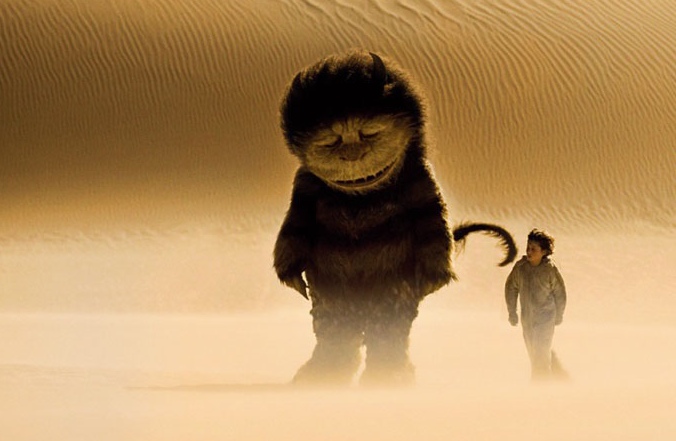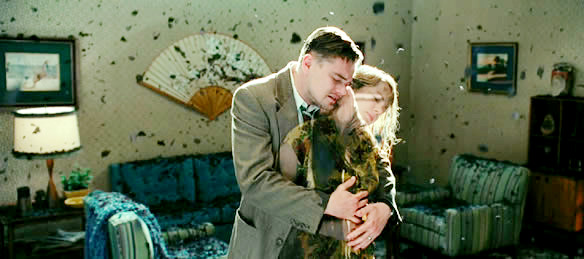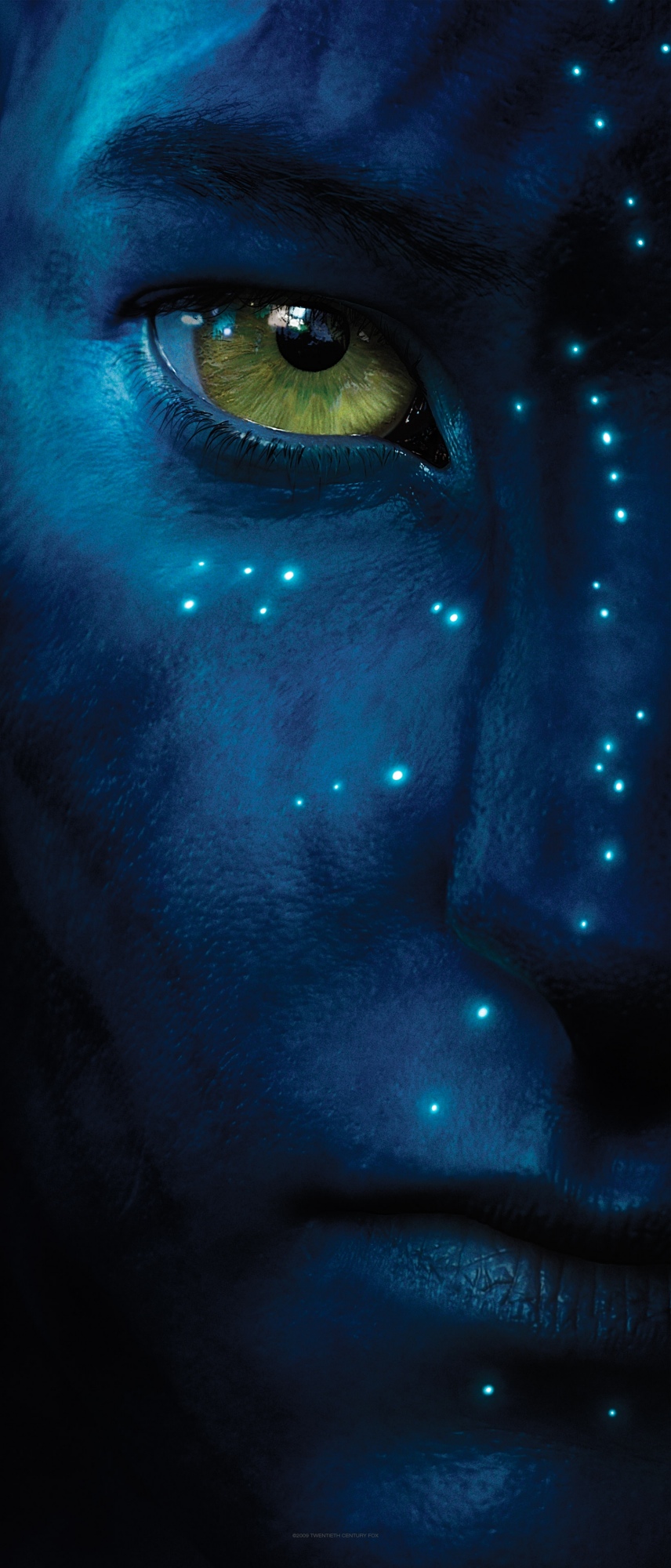
Since its debut last week, “Avatar” has drawn much hyperbole from both critics and audiences. While “Avatar,” and its director James Cameron (“Titanic,” “Terminator”), should be praised for the film’s groundbreaking motion capture technology, the film is by no means a masterpiece. For all of the film’s visual accomplishments, its script is riddled with flaws that prevent it from reaching the blockbuster heights of the original “Star Wars,” or even Cameron’s prior success, the “Terminator” franchise.
“Avatar” follows Jake Sully (Sam Worthington), a former marine, as he joins a program searching for desirable minerals in an alien planet called Pandora. To visit Pandora, Jake becomes an avatar – a hybrid between a human and a Na’vi, the alien race on Pandora. As an avatar, his mission is to convince the Na’vi people to sacrifice the minerals found on their homeland. However, his mission becomes complicated when he falls for a Na’vi princess, Neytiri (Zoe Saldana).
Pandora, as created by Cameron, is a completely digital world, filled with dazzling imagery that lights the screen with bright colors and mesmerizing detail. When Jake first enters Pandora, the immense beauty of this new world is almost overwhelming. With lush forests, misty waterfalls, and a serene skyline, the film intoxicates its audience with its sheer gorgeousness. In short, James Cameron has made special effects beautiful again.
Unfortunately, only half of the film takes place on the planet of Pandora. The film’s other settings include a various assortment of labs and bases where the scientists and soldiers conduct experiments and devise battle plans. It is in these scenes that “Avatar” really falters and the film’s poor screenwriting becomes apparent. Nearly all of the human characters in “Avatar” are either cliché or uninteresting. Instead of making his villains complex, Cameron instead opts for boring, obvious villains like a merciless military colonel (Stephen Lang) and a greedy, insensitive businessman (Giovanni Ribisi). Through these caricatures, Cameron filters a blatant political message. Instead of conveying the film’s message through subtext, Cameron hammers his point home with blunt, unrealistic dialogue. To say the film lacks subtlety is a gross understatement.
That is not to diminish the film’s other accomplishments, which, in many respects, are unparalleled. One just wishes Cameron would have spent as much time on the screenplay as he did on the visuals. The transitions from Pandora to live action often stall the pace as well. Thankfully, the scenes on Pandora are engrossing enough to compensate for the film’s intermittent pacing. The characters on Pandora feel more interesting and well-drawn than the cartoons off planet. And, frankly, the acting is much better. Zoe Saldana delivers a convincing, emotional performance through the motion-capture. She knows exactly when to let Neytiri’s fierce guard down to show emotion. The character of Neytiri also sheds light on Cameron’s unabashed feminism. Not only is Neytiri beautiful, she’s also confident and strong. She matches, and even surpasses, the skilled bravery of her lover.
The film’s other performances are admirable, particularly Sigourney Weaver as Dr. Grace Augustine, a tough-as-nails botanist, but Cameron’s revolutionary special effects remain the film’s true star. However, the film also boasts some fantastic action set pieces, including a magnificent chase scene involving both humans and avatars, as well as an epic battle scene between the humans and the Na’vi. Cameron paces these sequences perfectly, making sure they do not become messy, convoluted, or incoherent. Mr. Cameron puts posers like Michael Bay and Roland Emmerich to shame. Very few filmmakers direct action as deftly as him.
In conclusion, “Avatar,” although cloyingly obvious in its morals, succeeds as a sci-fi, action epic. To put it bluntly, “Transformers 2” does not hold a candle to this imaginative, if deeply flawed, work of art.
BHave you seen "Avatar?" If so, leave your opinion in the comments.















 ilmmakers think that suspense is created by constant action, the minds behind “ Duplicity” realize that suspense comes from the stakes of the characters, rather than how many bullets are being fired at them. Accenting the film’s suspenseful, twisty plot is James Newton Howard’s upbeat, jazzy score. Also of note is Robert Elswit’s cinematography which displays the beauty of the film’s various locales. All of these elements combine to make a fun, fluid, and truthful film experience.
ilmmakers think that suspense is created by constant action, the minds behind “ Duplicity” realize that suspense comes from the stakes of the characters, rather than how many bullets are being fired at them. Accenting the film’s suspenseful, twisty plot is James Newton Howard’s upbeat, jazzy score. Also of note is Robert Elswit’s cinematography which displays the beauty of the film’s various locales. All of these elements combine to make a fun, fluid, and truthful film experience.


 Next up is "Shutter Island," the latest film from acclaimed director Martin Scorsese ("Goodfellas," "The Departed," "Taxi Driver," "Raging Bull"). "Shutter Island" follows U.S. Marshal Teddy Daniels (Leonardo DiCaprio) as he investigates the disappearance of a female patient from a mental hospital. As Teddy gets further enveloped in the case, he makes some shocking revelations about the establishment. It is best to leave the plot description there. Having not read the original novel, I do not know much more about the plot. However, I feel that the film's trailer may give away some crucial plot details. You can check out the trailer
Next up is "Shutter Island," the latest film from acclaimed director Martin Scorsese ("Goodfellas," "The Departed," "Taxi Driver," "Raging Bull"). "Shutter Island" follows U.S. Marshal Teddy Daniels (Leonardo DiCaprio) as he investigates the disappearance of a female patient from a mental hospital. As Teddy gets further enveloped in the case, he makes some shocking revelations about the establishment. It is best to leave the plot description there. Having not read the original novel, I do not know much more about the plot. However, I feel that the film's trailer may give away some crucial plot details. You can check out the trailer 



